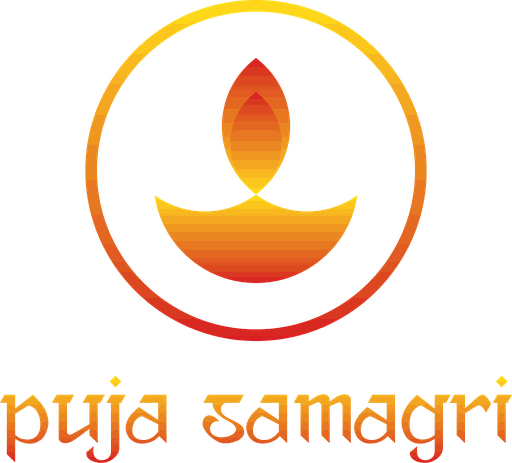Krishna Janmashtami is one of the most widely celebrated festivals worldwide to mark the birth day of Lord Krishna. It is also known as Ashtami Rohini, Srikrishna Jayanti, Krishna Ashtami, Saatam Aatham, Gokulashtami, and Srikrishna Jayanti, among others. Celebrated over two days, Krishna Janmashtami reminds us that in the battle between good and evil, the good always wins.
Krishna Janmashtami has its roots in Hindu mythologies and histories. Krishna is widely believed to be the eighth incarnation of Lord Vishnu, whose birth was fated to destroy the demon Kangsa who also happened to be his maternal uncle. Hindu devotees worship Lord Vishnu as the savior of humanity and that whenever there's an imbalance between good and evil his incarnation takes place.
The celebration of Krishna Janmashtami has much to do with Lord Krishna’s role in Mahabharat. Throughout the war between Kauravas and Pandavas, which was known as Dharma Yuddha, he advises Arjun on several sections of life such as: dharma, karma, theistic dedication, yogic paragons, liberation, knowledge, etc. All of this is why Krishna Janmashtami has significance.
Krishna Janmashtami is observed with a tradition of fasting till midnight for while chanting slokas from the Bhagavad Gita and Bhajans. Temples of Lord Krishna are decorated and devotees visit all the temples of Lord Krishna to pay their respect. The Krishna Mandir in Patan Durbar Square, Narayanhiti Krishna Mandir and other temples of Lord Krishna get flocked by numerous devotees during Krishna Janmashtami. Celebrations also include traditional singing, dancing and reenactments of the life of Krishna.

